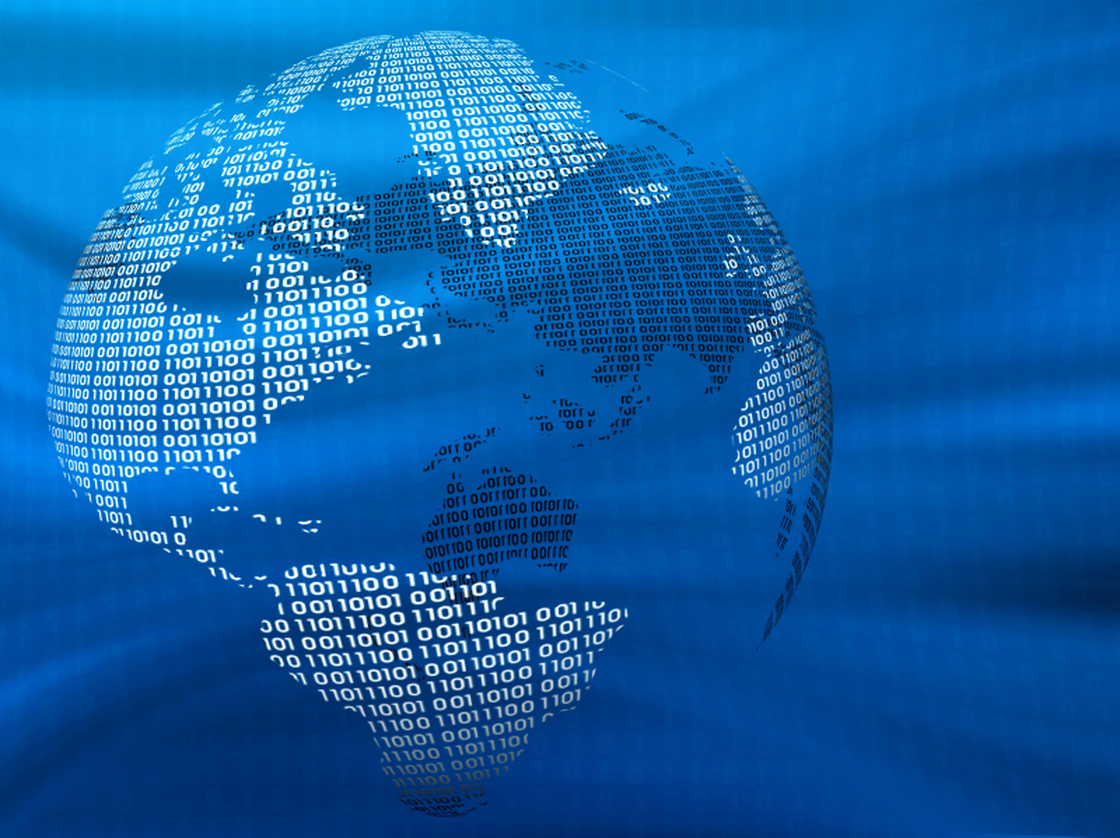 The Internet was created in the US, but you’d never know it based on the quality and price of service US Internet users get. In this NPR Fresh Air interview, author and professor Susan Crawford explains why US service is so slow, so expensive, and so inadequate for building future prosperity.
The Internet was created in the US, but you’d never know it based on the quality and price of service US Internet users get. In this NPR Fresh Air interview, author and professor Susan Crawford explains why US service is so slow, so expensive, and so inadequate for building future prosperity.
npr.org/blogs/alltechconsidered/2014/02/06/272480919/when-it-comes-to-high-speed-internet-u-s-falling-way-behind
Tag: government
 Edward Snowden made a decision that changed the world. By leaking top secret government documents to the press, he revealed that US surveillance of private and public citizins goes far beyond what most of us had previously imagined. Because of those leaks, people all around the world are asking important questions about the balance between privacy and security in a free society. In a chilling statement to the BBC, Snowden claimed that he’d accomplished his mission by raising those questions. What do you think?
Edward Snowden made a decision that changed the world. By leaking top secret government documents to the press, he revealed that US surveillance of private and public citizins goes far beyond what most of us had previously imagined. Because of those leaks, people all around the world are asking important questions about the balance between privacy and security in a free society. In a chilling statement to the BBC, Snowden claimed that he’d accomplished his mission by raising those questions. What do you think?
theguardian.com/world/2013/dec/24/edward-snowden-channel-4-christmas-day-message
 The Internet makes it possible for people to collaborate on a massive scale, working together to accomplish tasks that might otherwise be impossible. The world of online collaboration is changing rapidly—and changing our lives in the process. Many TED talks and NPR podcasts have helped us to understand the applications and implications of collaborative technology. In this fascinating radio program, TED and NPR collaborate to explore collaboration by combining excerpts from several TED talks with interviews and commentary.
The Internet makes it possible for people to collaborate on a massive scale, working together to accomplish tasks that might otherwise be impossible. The world of online collaboration is changing rapidly—and changing our lives in the process. Many TED talks and NPR podcasts have helped us to understand the applications and implications of collaborative technology. In this fascinating radio program, TED and NPR collaborate to explore collaboration by combining excerpts from several TED talks with interviews and commentary.
www.npr.org/2013/07/13/197986218/why-we-collaborate
The information explosion raises important questions about the free flow of information versus the threat to personal privacy. These two TED Talks present cases for more open information in government and medicine. Heather Brooke uses technology and old-fashioned hard work to expose government corruption; John Wilbanks argues that more medical information sharing is good for all of us. Whether you agree or not, you’ll likely find their stories interesting and thought provoking.
ted.com/talks/heather_brooke_my_battle_to_expose_government_corruption.html
ted.com/talks/john_wilbanks_let_s_pool_our_medical_data.html
The Internet is a powerful tools for promoting democracy and freedom worldwide. But many governments severely restrict many Internet activities to maintain security and stability. In this powerful TED talk, Rebecca MacKinnon explores the question, “How do we make sure that the Internet evolves in a citizen-centered manner?”
[ted id=1188]